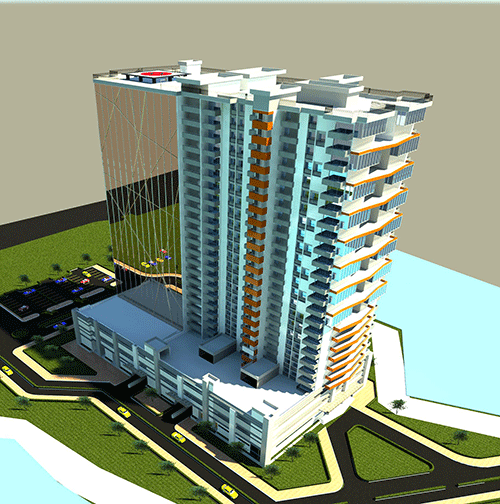Criteria for architect selection and satisfaction among first-time private sector clients
DOI:
https://doi.org/10.7577/formakademisk.761Keywords:
architectural service, first-time client, private sector client, Nigeria, selection criteria, service provider selectionAbstract
For sustained profitability, architects must position themselves to attract new clients. This involves understanding potential clients’ choices and how these might impact on subsequent satisfaction. The study ranked criteria for architect selection and how these predict satisfaction among first-time private sector clients in Lagos, Nigeria. Data from a questionnaire survey were analysed using descriptive statistics, relative importance index and categorical regression, identifying timely delivery, cost of service and quality of previous services as the most important criteria. Although personal relationship has been said to influence selection of a professional service provider, this criterion was found to be of relatively low importance here. To attract private sector clients, architects should prioritise improved service delivery and construction skill development.

Downloads
Published
How to Cite
Issue
Section
License
Authors who publish with this journal agree to the following terms:
- Authors retain copyright and grant the journal right of first publication with the work simultaneously licensed under a Creative Commons Attribution 4.0 License that allows others to share the work with an acknowledgement of the work's authorship and initial publication in this journal.
- Authors are able to enter into separate, additional contractual arrangements for the non-exclusive distribution of the journal's published version of the work (e.g., post it to an institutional repository or publish it in a book), with an acknowledgement of its initial publication in this journal.
- Authors are permitted and encouraged to post their work online (e.g., in institutional repositories or on their website) prior to and during the submission process, as it can lead to productive exchanges, as well as earlier and greater citation of published work (See The Effect of Open Access).
- The author(s) must manage their economic reproduction rights to any third party.
- The journal makes no financial or other compensation for submissions, unless a separate agreement regarding this matter has been made with the author(s).
- The journal is obliged to archive the manuscript (including metadata) in its originally published digital form for at least a suitable amount of time in which the manuscript can be accessed via a long-term archive for digital material, such as in the Norwegian universities’ institutional archives within the framework of the NORA partnership.
The material will be published OpenAccess with a Creative Commons 4.0 License which allows anyone to read, share and adapt the content, even commercially under the licence terms:
This work needs to be appropriately attributed/credited, a link must be provided to the CC-BY 4.0 licence, and changes made need to be indicated in a reasonable manner, but not in any way that suggests that the licensor endorses you or your use.



